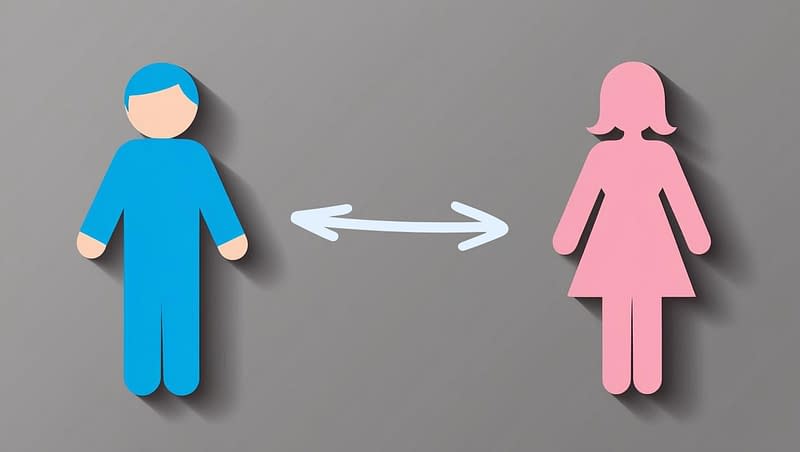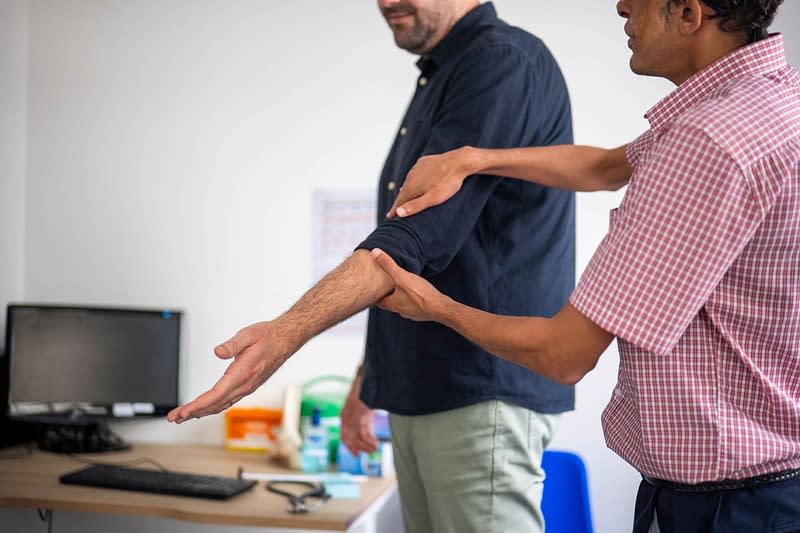Prevalence of MSK issues in Primary Care
Musculoskeletal problems are a common issue in primary care across England, with lower back, or lumbar spine, issues being the most frequently reported. This trend aligns with global research, especially in Western countries, where lumbar spine problems—such as pain, restricted movement, and referred pain into the legs and pelvis—are the most common musculoskeletal complaints. However, the situation in primary care is more complex than it first appears.Pure’s Role in Primary Care
Pure treats over 80,000 patients each month as the first point of contact in GP practices throughout England. We collaborate with NHS bodies and universities to share data, learning how to better manage and support the patients we see. Our partnerships with several universities also focus on regional variations in musculoskeletal issues and the areas of the body most commonly affected.Urban vs. Rural Differences in Musculoskeletal Conditions
In general, we find that larger cities, where populations are denser, tend to have slightly younger patients accessing physiotherapy services, with lumbar spine issues being the most common. This is followed by knee and shoulder problems. Typically, these patients are of working age, with most falling between 35 and 55 years old. In more rural areas with smaller populations, the patient demographic is usually older, typically between 55 and 75 years of age or older. In these areas, hip problems become more prevalent, with knee issues being the most common, followed by lumbar spine and shoulder problems. This shift may be due to the increased risk of osteoarthritis in aging populations, as weight-bearing joints like the hips and knees are more prone to arthritis with age, especially since they are used daily for standing, walking, and other activities.The Importance of Data-Driven Musculoskeletal Care
Understanding the prevalence of different musculoskeletal problems linked to age demographics allows GP practices, primary care networks, and integrated health boards to better target advice, education, and research to support their local communities.Empowering Patients Through Education and Prevention
Pure is currently involved in several projects across England aimed at educating patients on how to best manage their musculoskeletal health, with the goal of reducing chronic issues and improving the quality of life for patients in their communities.Find out more about First Contact Physiotherapy
Learn about the musculoskeletal challenges faced by Primary Care and how FCP physios can help

Phin Robinson BSc (Hons), MSc Advancing physiotherapy, PG Dip Orthopaedic Medicine.
After qualifying in 2001 Phin has worked as an MSK physiotherapist within the NHS and independent sector. He has been an injecting therapist since 2006 and spent 15 years working as an advanced practitioner in MSK between primary and secondary care settings. He heads up Pure Unity Health group and remains passionate about the physiotherapy profession and the positive impacts that can be gained from quality physio lead MSK care. Since 2020 Phin has taught on NHSE accredited FCP courses and works part time in an FCP and ARRS ambassador role.




